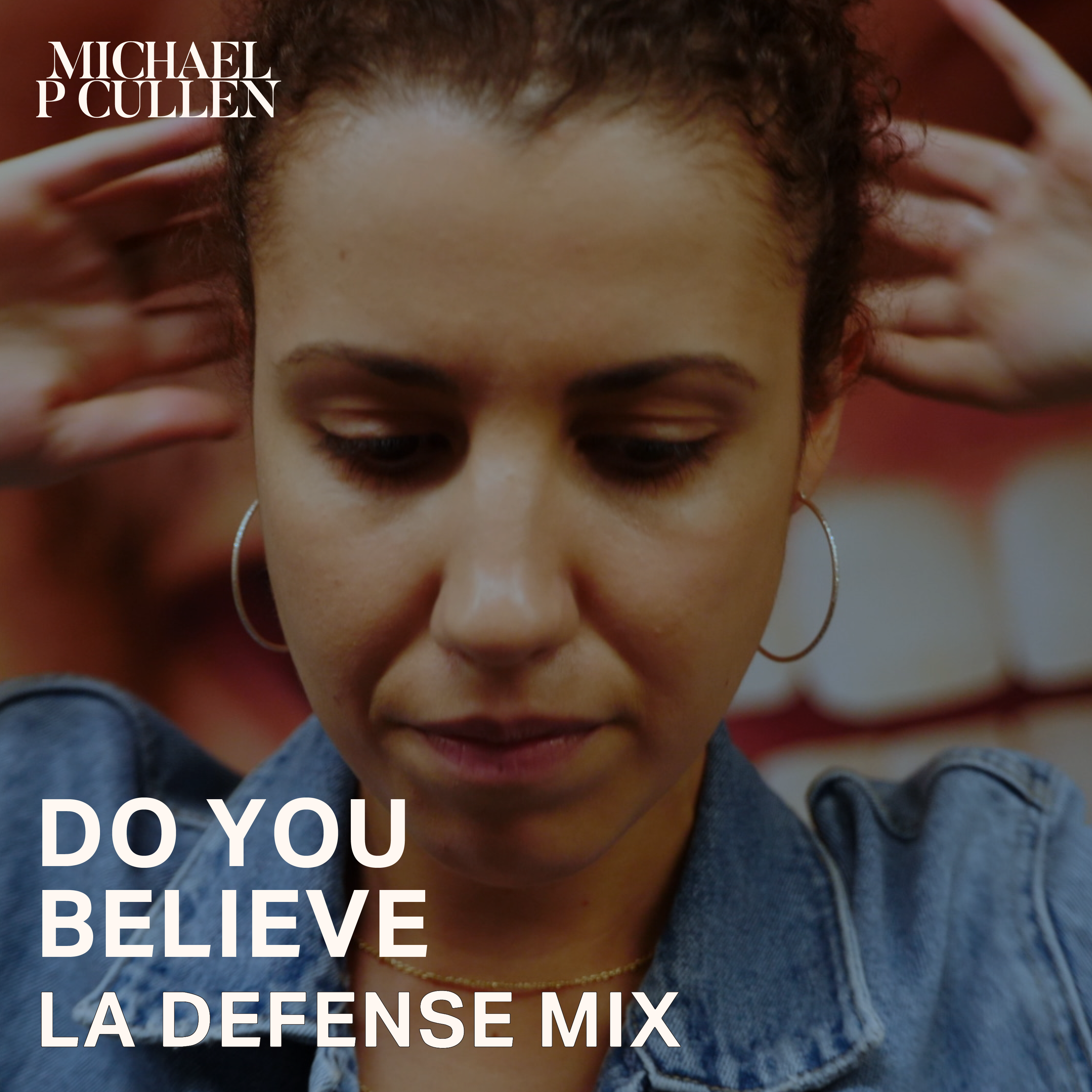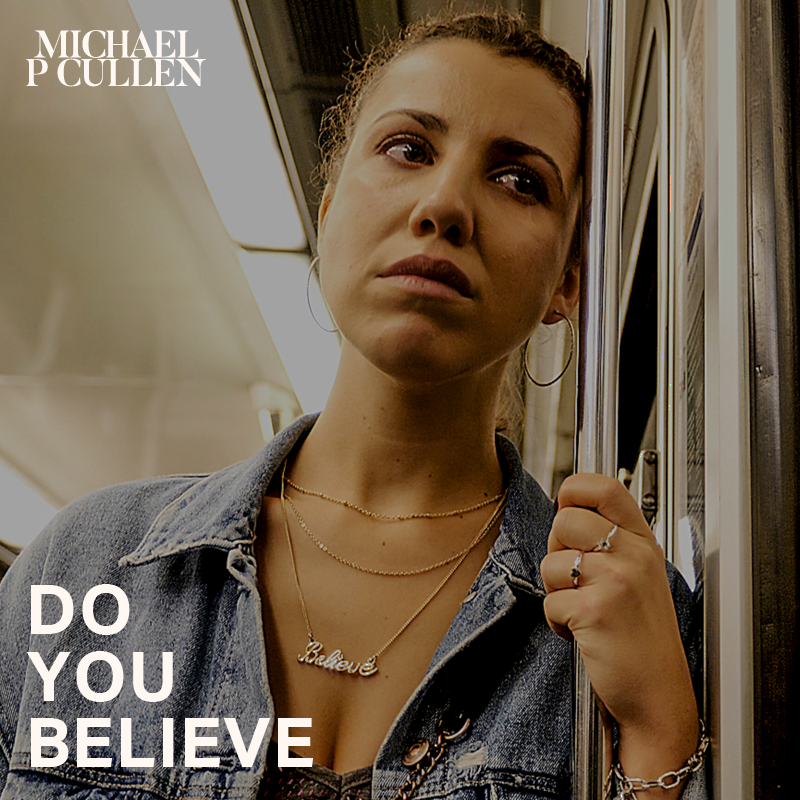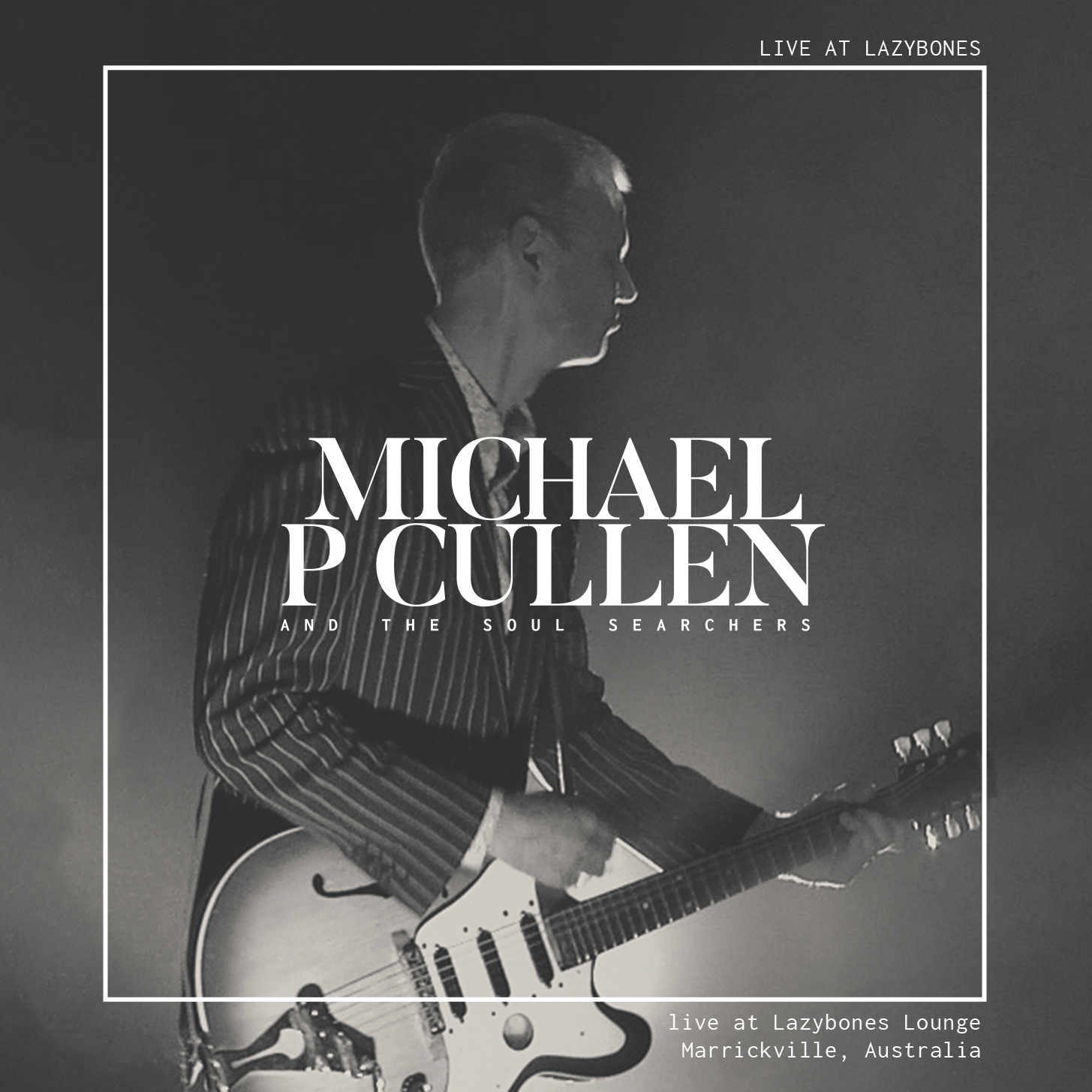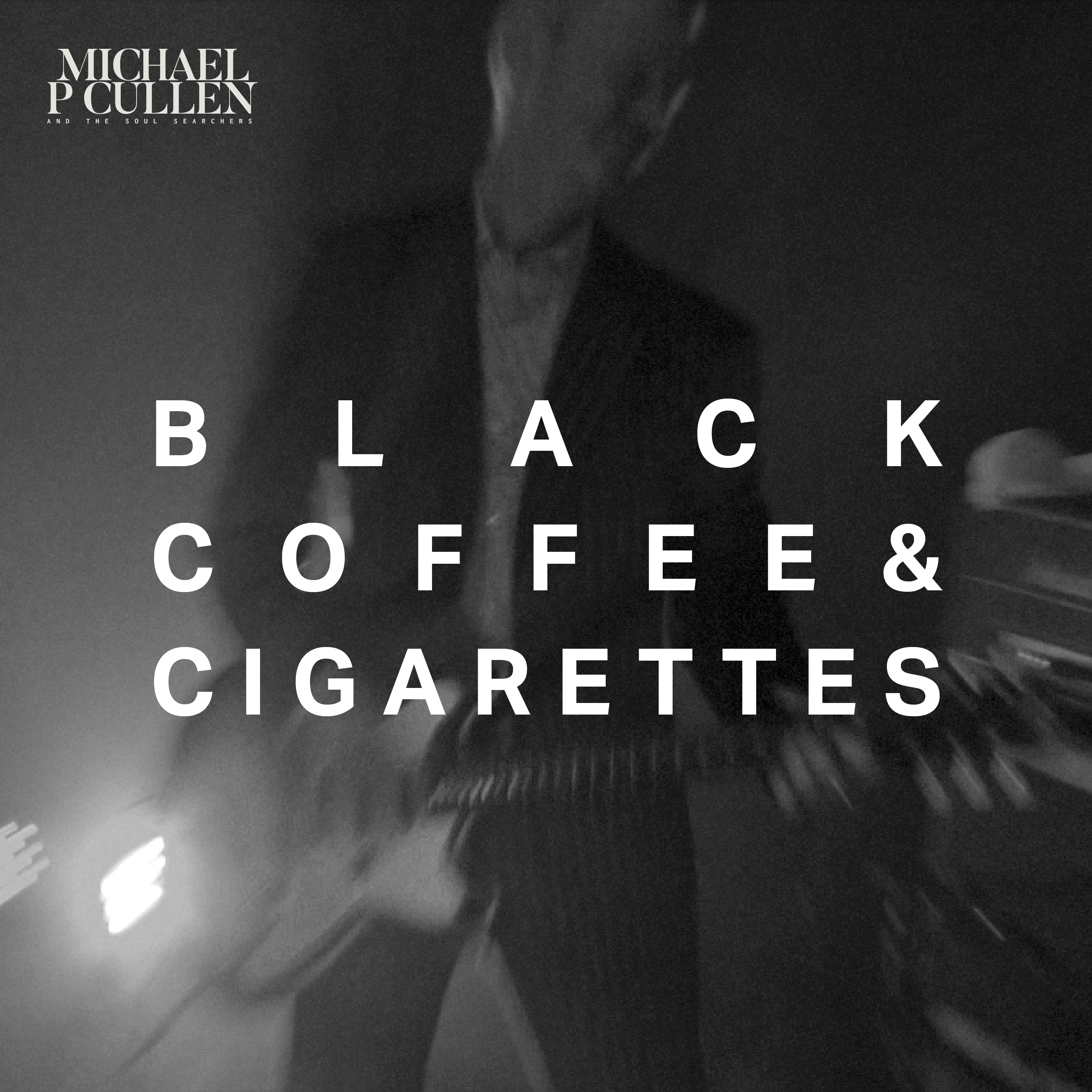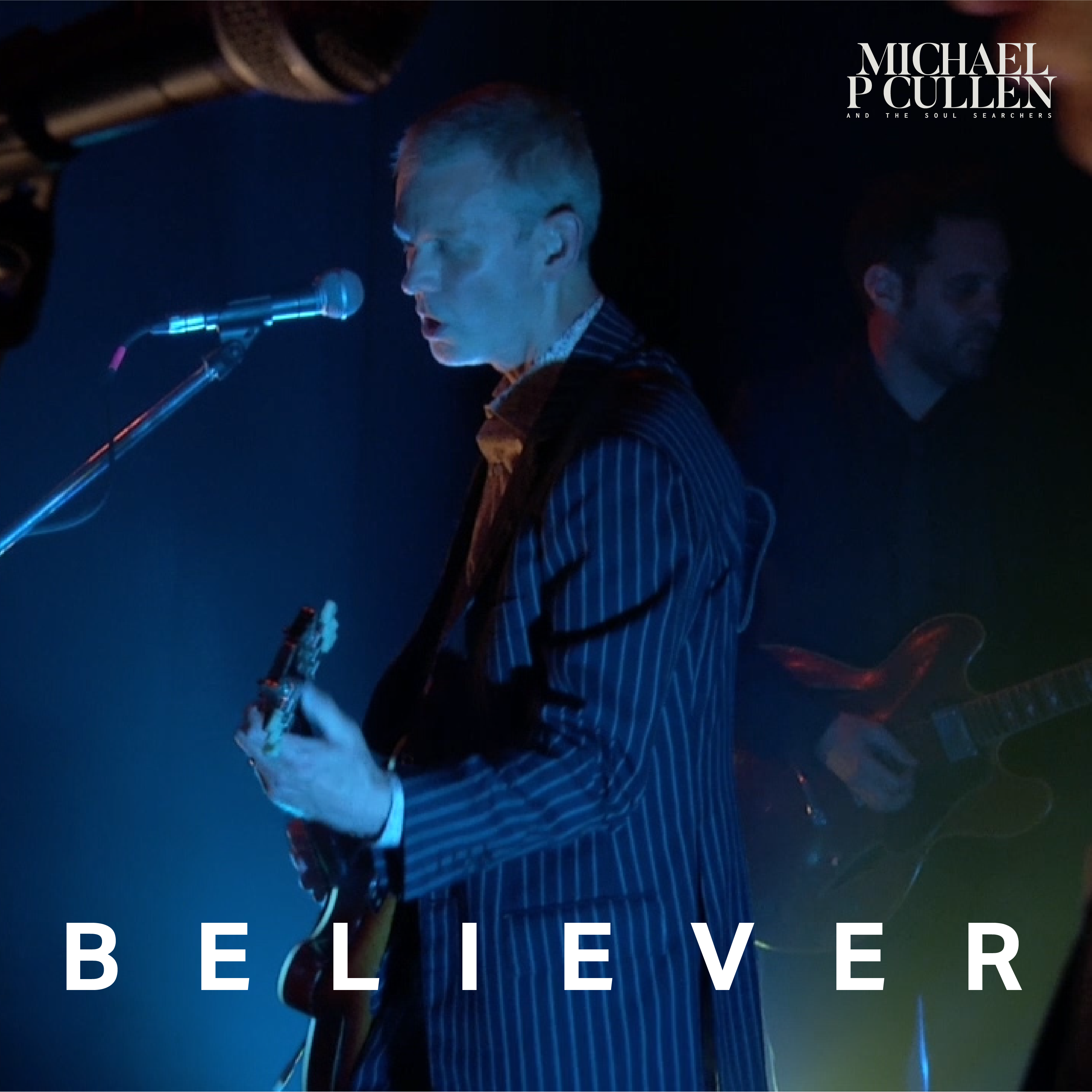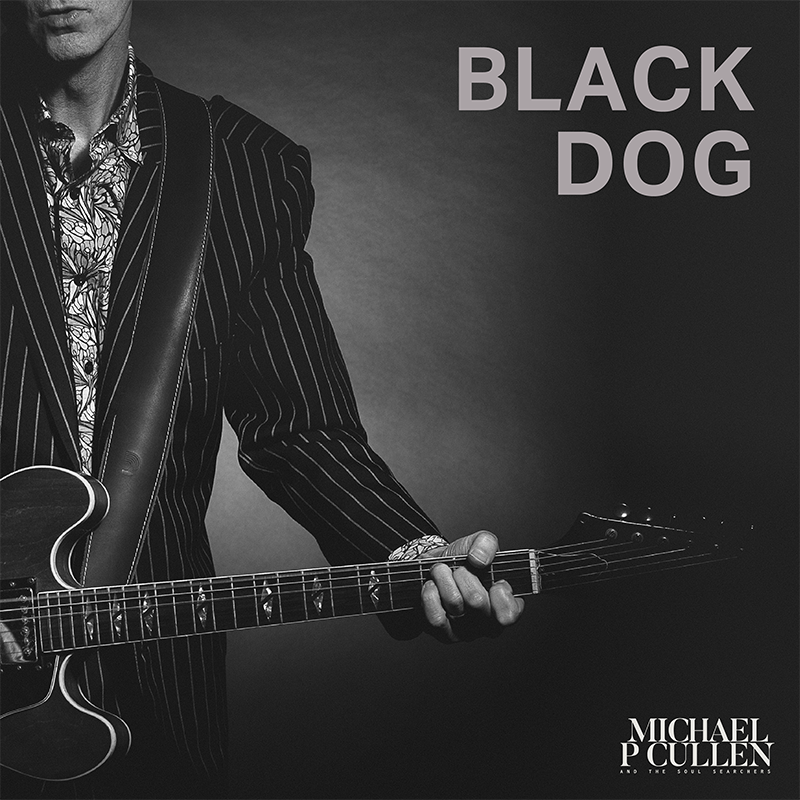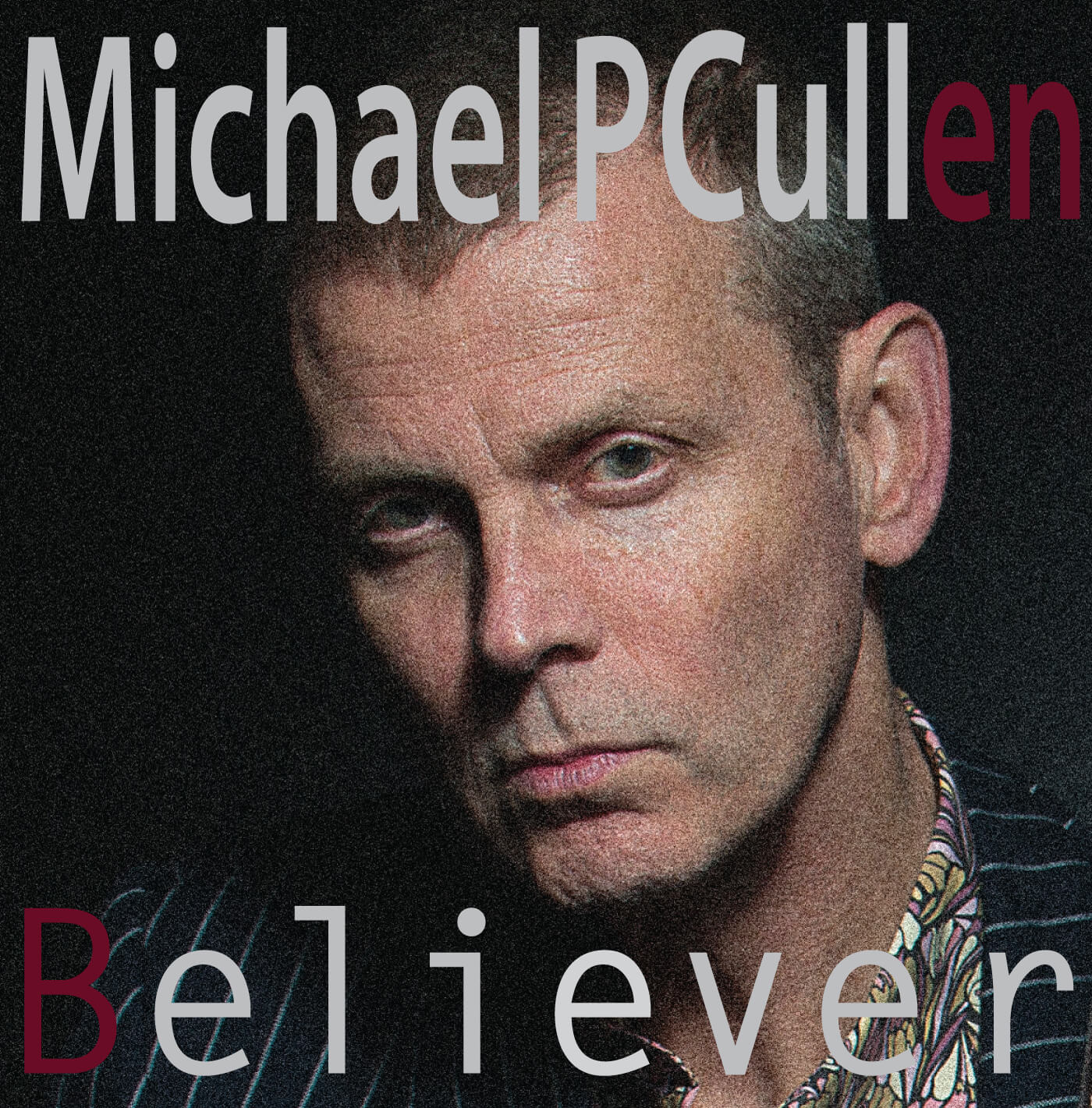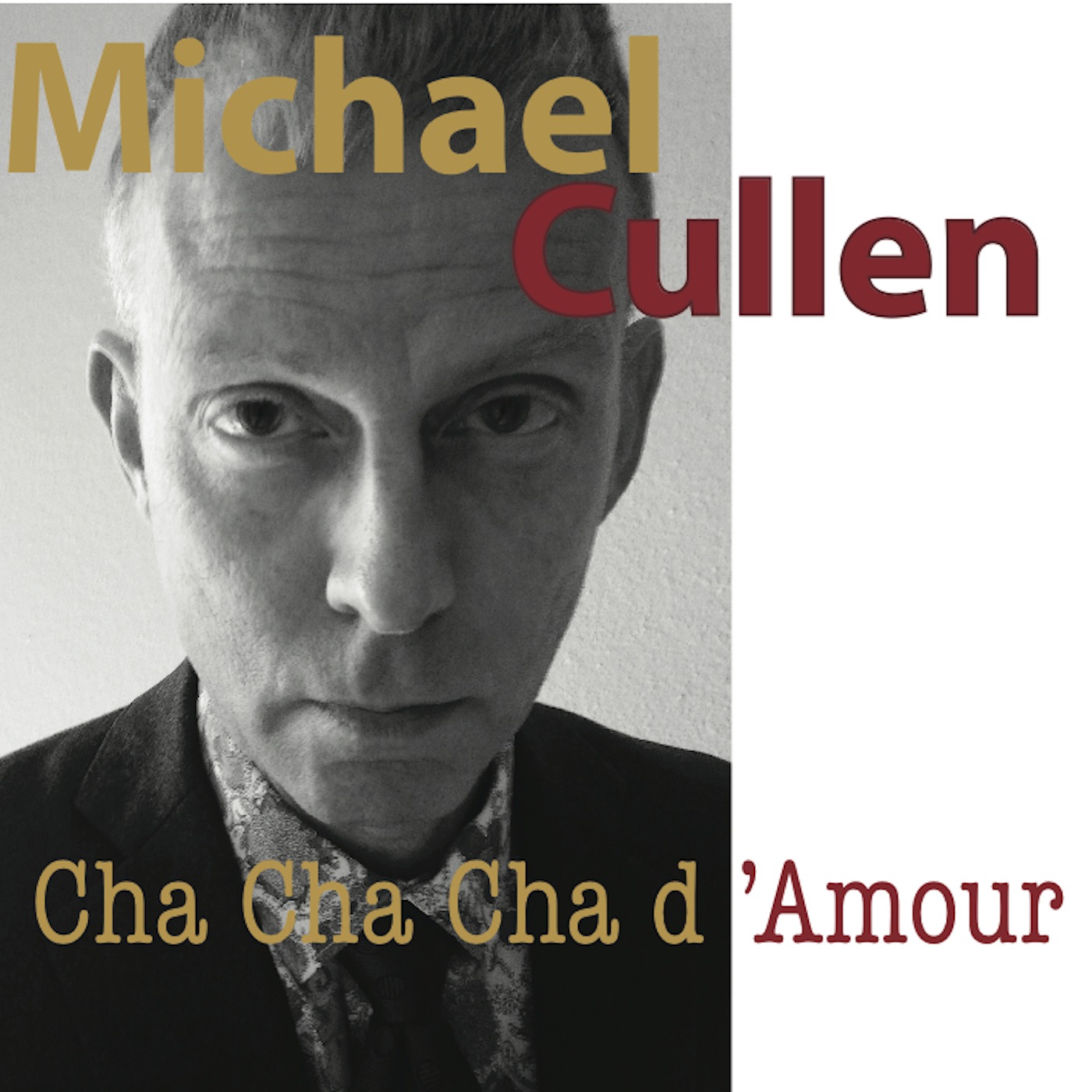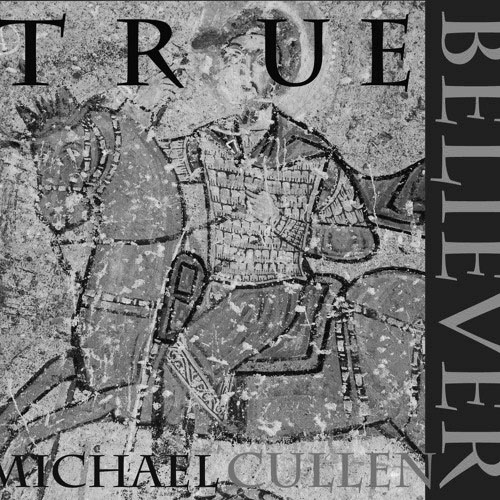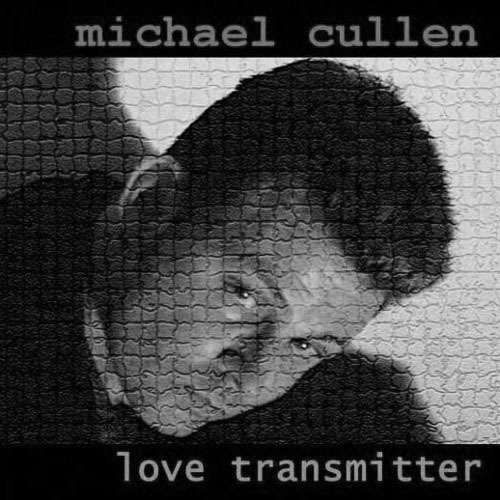13th December, 2013
Interview with Michael in Under the Gun Review
“I remember Bruce Springsteen saying that people suffer ’cause they have to and I think that’s right but at least I got a record out of it this time round.”
Australia’s Michael Cullen has had somewhat of a sparse musical career over the past two decades or more, having taken extensive breaks in between projects and releases, but after having re-issued a remastered version of his most recent release, Love Transmitter, Cullen is already well into his next effort with plans to release in 2014.
We had the opportunity to speak with Cullen as he discussed his musical history, his varying influences, and how his newest release will differ from Love Transmitter. Follow us through the jump and get caught up with Michael Cullen in this exclusive UTG interview.
You’ve been involved with music for many years now. When did you first gain interest in being a musician and how did you get started?
I would not say I have ever had an intrinsic interest in being a ‘musician’ as such. When I was a teenager I did things like make films using 8mm cameras and acted in plays and at one point I was involved in a musical production where the children were asked to write the songs. This, to my surprise, came naturally to me. At some point after that I began to understand that the recordings of songs which I heard on the radio such as those by the Beatles or AC/DC or ABBA were like little films only they were films made in sound – little three-minute worlds. “Solitary Man” by Neil Diamond is a very early and vivid memory of a world captured in a pop song. I decided I wanted to participate in making these worlds and in order to do that I had to make the effort to become a musician. I learned how to play the guitar just well enough to start writing songs. Several years and bands later, after I had exhausted my tolerance for lead singers, I thought I might as well sing too.
Since the early days playing music with your brother and such, how would you say you’ve grown or changed as a musician?
I would say that as a young musician my understanding of the process of creating music was somewhat rudimentary, a process of workshopping basic ideas in the rehearsal room with my peers and seeing what would fall out of that. Over time I have become better at working out what I want in my head and being able to achieve that in the studio. The other important change has been a broadening of influences. When you start, you have a narrow palate dictated by the necessarily limited experiences and tastes of a 19-year-old. It has been a joy for me to discover so much great music as I have grown up and hopefully that is being re-absorbed back into my internal creative machine.
Obviously, a lot has changed in the world since the ’80s and ’90s. What would you say are some of the pros and cons of technological advances over the past few decades when it comes to the music industry and being a musician?
For me it’s just about all positive. I do miss the process and camaraderie of the band turning up to the studio and recording to the multitrack tape machine and then mixing down pretty well straight away. Digital technology means I don’t have to do that anymore. I have my own work room now and I can get high quality work done much more efficiently. Yes, technological advances have destroyed the record companies’ vertically integrated business model but I was always locked out of their system anyway, so good riddance to them.
You have a very long working relationship with Tim Powles. Did you ever lose touch at all after The Hardheads and Watershed or had you always been in touch up until starting this solo endeavour?
We started working together the very same week he did his first session with the Church. So it’s been a long professional and personal relationship with some busy times and some quiet spots. Tim has been incredibly busy over those two decades and he has gone from being an ace musician, if you will, to a great producer. That growth has made him the best collaborator I could have hoped for.
Love Transmitter has been out for quite some time now but the version that was released last year is remastered, right? Are there any differences apart from sound quality?
The casual listener might not notice much difference, but for me there was a list of things that were not quite right in the original master. I knew a lot more by the time the opportunity came round to re-press the CD and I enjoyed fixing up all the little things that bugged me. The quality of the original master was quite good but there is a general sharper focus to the new master. In addition, there are some minor arrangement changes on several songs – extra hand claps, tambourines, little bits of guitar feedback, stuff like that.
You’re working on another album now, again with Tim Powles, correct? How long have you been writing it and when do you expect it to release?
We are just about done. Tim and I started on it in 2010 but I found that I needed time and space to develop the new work. And then Danton Supple, the English producer, was engaged to mix the really complicated songs – which he has done an amazing job with. As it happens, Tim and I have just completed mastering the album today with Andrew Edgson at 301 in Sydney. The master sounds great but, of course, it always does in the mastering room – when I hear it in the car I will know if it is okay or not. I expect the record to be released in the first half of 2014.
How would you say your new material differs from that on Love Transmitter?
Love Transmitter is a record that distills the post punk and indie rock influences that I absorbed as a young man. Sonically, it was a neat fit for Tim’s studio set up in Glebe (Sydney) at the time (Spacejunk I), a kind of beautiful dirtiness bordering on lo-fi at moments. I love that sound but I doubt we could ever reproduce it again. The new record has more classic influences going back to soul music, Mowtown, the Beatles as well as artists like Leonard Cohen and Tom Waits. We used tape for just about everything. We spent a lot of time picking microphones and preamps whereas I didn’t even notice that stuff earlier in my career. It was a much harder record to make because my standards had become higher and because sometimes I didn’t know exactly what I was looking for until I found it.
Are their any specific influences that have come into your life since you wrote the last album that have discovered played a role in the lyrics, themes, or sound on this new release?
Well, that’s an interesting question. Life is the grist of the artist’s mill – it can’t really be any other way and the artist’s own life makes for the most authentic source material. I always thought Leonard Cohen put it well when he said, “My heart’s like a blister from doing what I do.” Whilst I don’t think I’ve got to do it nearly as often as Leonard has, even adjusting for the fact he has spent a bit more time on the earth than I have, I know what he means. It would be fair to say that if Love Transmitter drew on the break up of my first marriage for its content and mood, then the new record may draw on my stupidity in the aftermath of that. Since there was plenty of stupidity I have excess material now. I remember Bruce Springsteen saying that people suffer ’cause they have to and I think that’s right but at least I got a record out of it this time round.
Do you have any plans to tour in support of the next album once it’s released?
No immediate plans. If the record is well-received it may be viable to tour in some markets.
Apart from the re-issue, can you explain the time gap in between the original release of Love Transmitter and what you’re working on now?
I’ve already mentioned stupidity but I was probably in some kind of depression for a number of years. For a while putting one foot in front of the other was all I could manage.
Are there any artists in particular that have been a strong inspiration to your work and the directions you choose to take with your music?
There are so many, as I said before, The Beatles, ABBA and Neil Diamond were absorbed into the blood stream early on. Later, it was AC/DC, Bowie, Queen and then the British post punk bands – Joy Division, The Cure, The Psychedelic Furs et al. Elvis Costello’s first 6 or 7 albums were momentous for me. I would say Nick Cave has been a great influence too. Mr. Cave’s work ethic, consistent high quality output over 35 years in the business and physical (and it seems psychological) robustness make him an exemplar. Those not from Australia may not be aware that he stands at the top of the pyramid of a golden generation of Australian artists who cut their own path. Guys like Ed Keupper, Robert Foster and Grant McLennan, Steve Killbey and David McCombe were part of this generation and have all exerted an influence on me to varying degrees. And then from time to time something I hadn’t heard before makes a big dent on my artistic consciousness such as when I first heard “The Stranger Song” by Leonard Cohen, or the Tunnel of Love album by Bruce Springsteen, Tom Waits’ Small Change and so on.
With 2013 coming to an end, do you have any choices for your favorite album(s) of the year?
I am ill-equipped to answer this question being so wrapped up in my own work that I am not able to keep track of all that is current in music. Having said that, I thought Nick Cave’s album Push the Sky Away had some exquisite songs and performances and it has a beautiful sound to it — lots of air. I found David Bowie’s new record quite moving also. However, the records that really made an impression on me this year were old ones; Seven Steps to Heaven by Miles Davis, the Beatles’ re-mastered mono recordings, and Get Happy by Elvis Costello.
So all in all, what do you have planned for 2014?
Release new album, try and make up to my family for all the time I spent away making it.
read the original interview here





